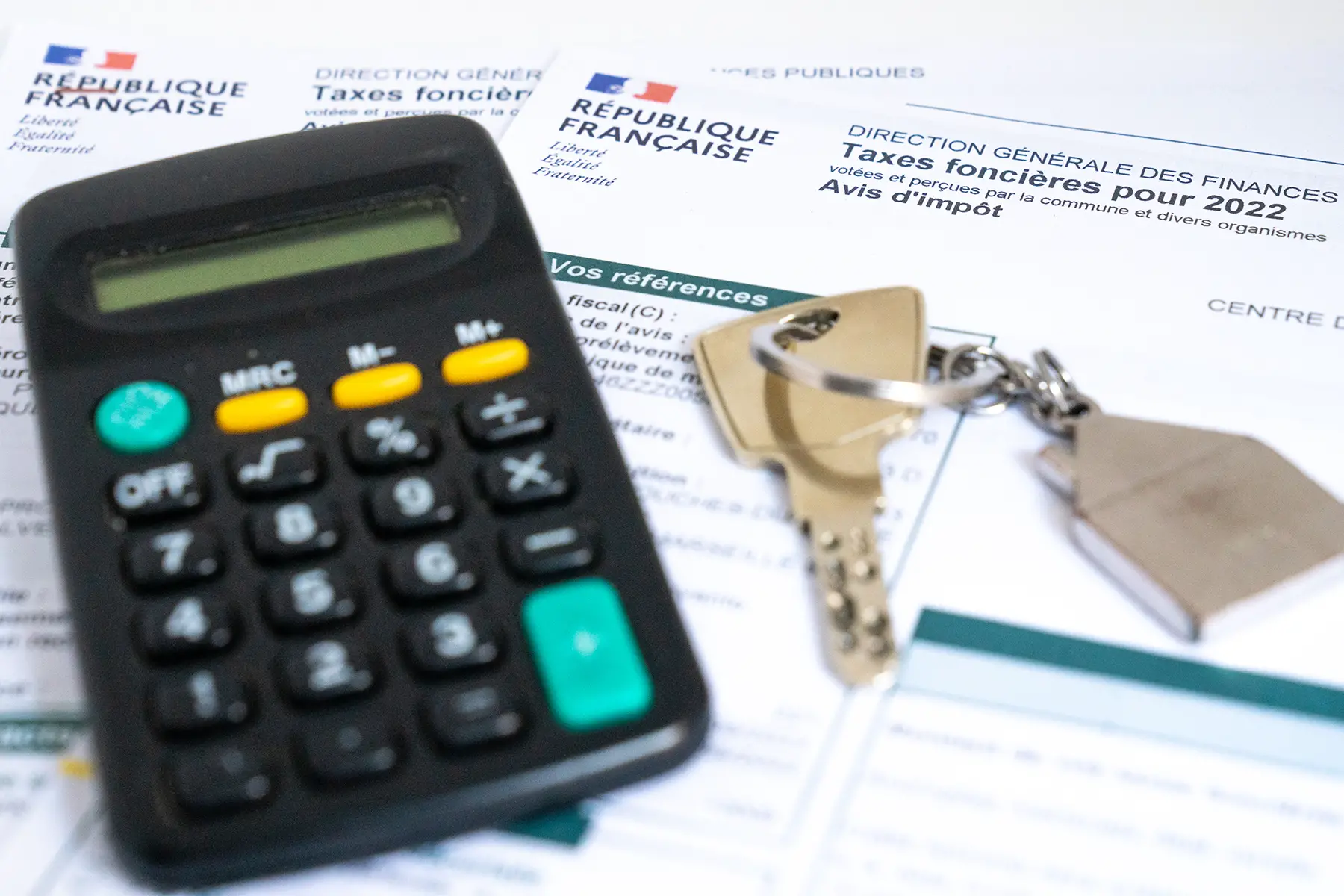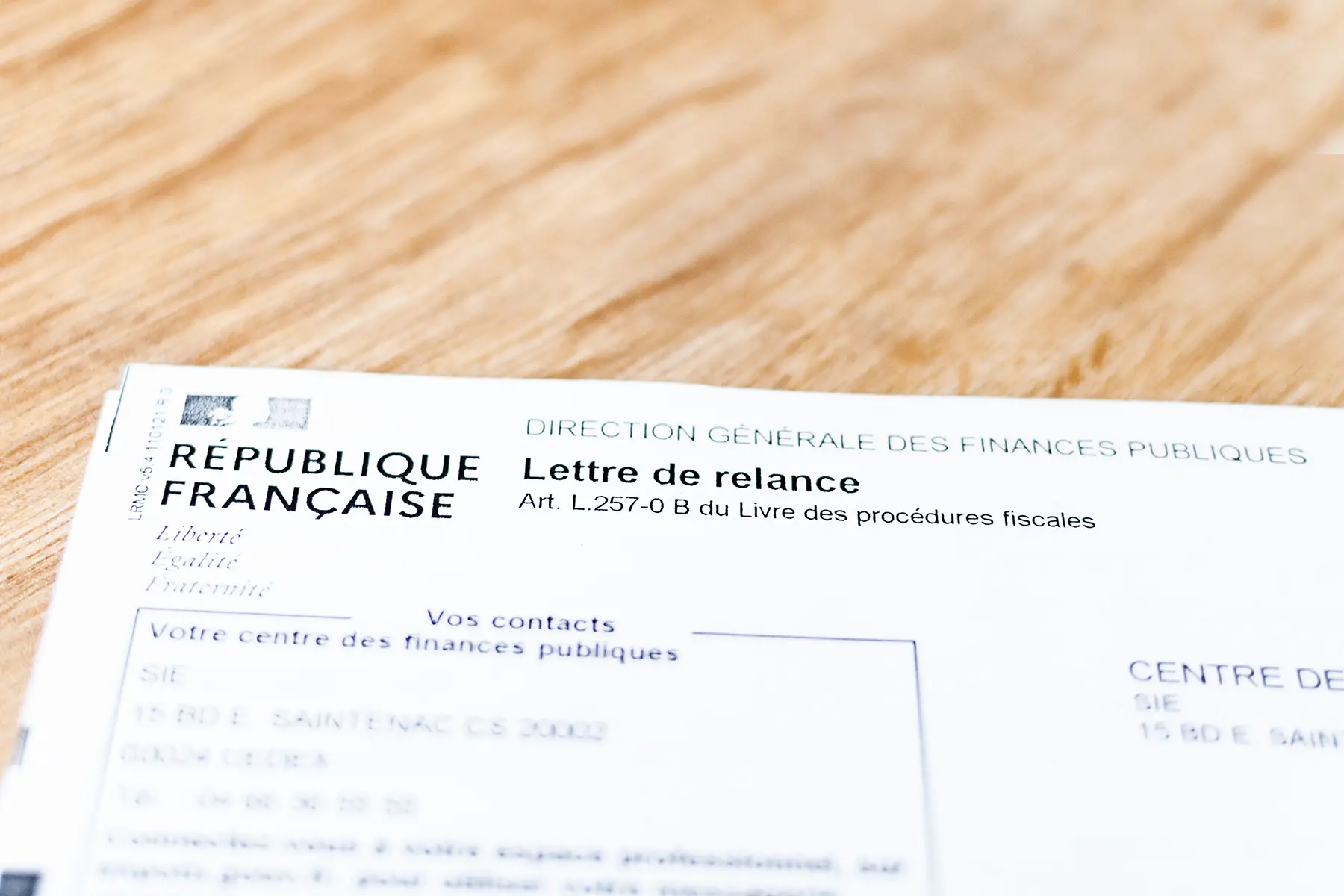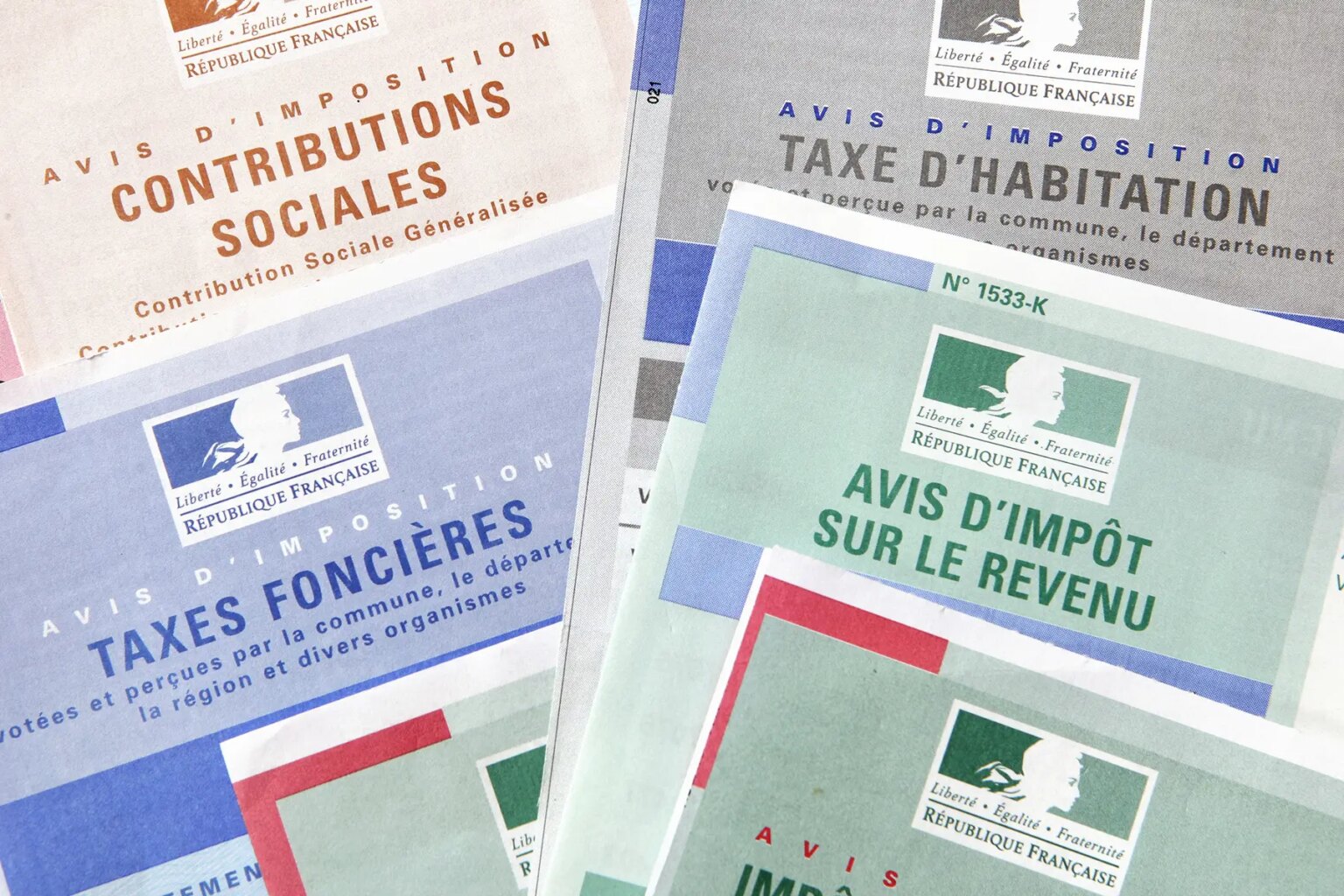When you move to a new country, it’s important to have an idea of what taxes you’ll owe while living there. France’s tax system is quite complicated, with progressive income tax, varying VAT rates, and rules that depend on your residency status. However, with the right information and resources, you’ll be a capable French taxpayer in no time.
Read on for more about the following:
Elitax
Thinking of moving to France, but not sure how to manage your tax when you get there? Struggling to understand your tax after your circumstances have changed? Elitax can help you understand and manage your taxes in France before and after you arrive in the country.
The French tax system
The Ministry of Economy and Finance oversees France’s tax system. The country’s tax year runs in line with the calendar year, from 1 January to 31 December. As a taxpayer in France, you may be liable for a range of federal taxes. These include income tax, as well as tax on investments, inheritance, property, and wealth.

Companies operating in France must pay corporate tax on their income and VAT (TVA).
France has recently adopted a pay-as-you-earn (PAYE) tax system. The country introduced the system in 2019, meaning most employees pay income tax at source as part of their monthly pay rather than needing to file an annual tax return. France’s highest income tax bracket is 45%, but this only applies to earnings over €180,294.
What is new about French taxes in 2025?
Income tax
Income tax rates have risen 1.8% in line with inflation. The threshold for paying tax is now €11,497, while the maximum rate kicks in at €180,294.
A new additional tax (contribution différentielle sur les plus hauts revenus) applies to people earning more than €250,000 (€500,000 for a couple). Those liable will pay an overall tax rate of at least 20% on their earnings. The tax will only apply for one year and will be based on income from 2025.
Shares
If you purchase shares in a company listed on the French stock exchange, you’ll now pay a tax of 0.4% per share, up from 0.3% in 2024.
Property
Financial gifts from close family members to improve properties (for example to fund energy-related changes) will be exempt from tax. Gifts up to €100,000 are eligible for relief, and the recipient will need to live in the property for at least five years.
Corporate tax
Companies with revenues of more than €1 billion will need to pay a surcharge on their profits. Rates vary depending on the size of the company’s revenue.
Who pays tax in France?
Tax liability in France depends on your residency status. French tax residents pay income tax in France on their worldwide income. The government considers you a resident for tax purposes if you meet any one of the following four conditions:
- Your permanent home is in France
- You spend most of your time in France (at least 183 days during a calendar year, or even less if you spend more time in France than in any other country)
- You have a job or are professionally active in France
- The center of your economic or financial interest is in France
Non-residents are only taxed on income earned from French sources. So, if you’re not living in France permanently but work for a French company, you’ll be taxed on that income.
How do French taxes work for expats?
France has a comprehensive network of tax treaties with countries worldwide, allowing its residents to avoid double taxation. These treaties, each with its own set of rules, can be complex to navigate. It’s therefore advisable to seek expert advice to understand how the agreement with your home country operates and ensure you’re not overpaying taxes.
France is signed on to the Automatic Exchange of Information (AEOI). This seeks to fight tax evasion by requiring financial intermediaries to be transparent about their clients’ tax residence in signatory countries.
Types of tax in France
Income tax
Income tax in France is payable on earnings from employment and self-employment. Residents are taxed progressively at rates ranging from 11% to 45%. The exact amount you’ll pay will depend on whether you’re single or married and if you have children. You can also offset certain deductions and credits against your bill.
France’s lowest rate of 11% only kicks in on earnings over €11,497, so anyone earning below this doesn’t pay income tax. The top rate of 45% is payable on earnings over €180,294.
Non-residents pay tax on French-sourced income at a flat rate of 20% for income up to €29,315 and 30% for income above this threshold. Savings, investments, and bank interest are also subject to income tax at a flat rate of 30%.
Income tax returns are due in May or June each year, depending on where you live in France. If you need to complete a tax return and have previously submitted one, you should be automatically sent a completed form to check, amend, and return, if necessary.

You are responsible for completing and submitting your French tax return, even if you think you will fall below the income threshold to pay tax.
Income tax for self-employed workers
Self-employed workers (such as sole traders and freelancers) pay income tax at the same rates as employees. Some self-employed workers can benefit from specific tax regimes that may reduce and simplify their overall bill. These include the micro-entrepreneur scheme for sole traders.
Corporate tax
Companies in France must pay corporate tax (Impôts sur les Societiés, IS). Corporate tax rates in France have been gradually falling, with most companies now paying 25%, regardless of their profits. Small companies can benefit from a reduced rate of 15% on their first €38,120 of profits. Corporate tax is payable quarterly in March, June, September, and December.
Companies that spend money on research and development (for example, training staff in scientific, medical, or engineering professions) can benefit from a credit of up to 30% on eligible expenses.
VAT in France
In France, VAT is known as taxe sur la valeur ajoutée (TVA), and is a tax on certain goods and services. The standard TVA rate in France is 20%. However, reduced rates are available for some goods.
| Rate | Percent TVA/VAT | Qualifying purchases |
| Intermediate | 10% | Some food, construction, farming, forestry, and passenger transport |
| Reduced | 5.5% | Some food, non-alcoholic beverages, books, cinema, theater, and concert tickets |
| Special | 2.1% | TV licenses and newspapers, plus some medicine |
Can you get a refund on VAT?
If you’re not an EU resident, you can apply for a VAT refund. The process can be tedious, but you’ll need receipts of items purchased (totaling at least €100.01 or more). You must have bought all items on the same day from the same store.
Be sure to ask for the détaxe form specific to the country you’re in before you leave the store and ask if they have a tax refund desk where you can get the VAT refund on the spot. If not, take the détaxe and your receipts to the VAT desk at the airport; you can complete the process before you check your bags and enter security.
VAT for businesses
The threshold to register for TVA is €37,500 for service-based businesses and €85,000 for commercial activities, bars, restaurants, and accommodations. You will be allocated a French TVA number (numéro de TVA intracommunautaire) upon registering for VAT.
Municipal property tax
There are two property taxes in France. First, local residence tax (taxe d’habitation) is an annual communal tax levied on homeowners. It no longer applies to primary residences, so you’ll only need to pay it if you own additional properties. Bills are sent out in November, and payments are due in December.
A second property tax, taxe foncière, is levied on primary residences annually. How much you’ll pay is based on your property’s estimated annual rental value, set against a multiplier determined by your local commune. Both taxes are subject to changes each year in line with inflation. Taxe foncière statements are usually sent out in September, and payments are due in October.
Municipal waste tax
The Taxe d’Enlèvement des Ordures Ménagères (TEOM) is usually charged alongside taxe foncière. This is how a locality charges for waste collection services. Some localities decide to fund this service through their general budget, but many choose to tax residents instead.

Inheritance tax
The inheritance tax in France is notoriously complex. All worldwide assets are subject to French inheritance tax for deceased residents of France, and all French-based estates are subject to tax even if the beneficiary isn’t a resident of France.
For non-residents, many bilateral tax treaties with France provide exemptions for paying French tax on worldwide assets. Inheritance tax rates in France vary from 5% to 45% for close relatives, though various deductions and allowances are available.
Capital gains tax
Capital gains tax (impôt sur les plus values) is payable in France on the sale of buildings, land, and shares.
A flat tax rate of 30% applies to savings and investment income. This rate comprises income tax at 12.8% and social charges at 17.2%.
Capital gains tax on property comprises 19% income tax plus 17.2% social charges, for a total of 36.2%. Main residences are exempt.
Property wealth tax
In 2018, France abolished wealth tax on financial assets and replaced it with IFI (Impôt sur la Fortune Immobilière), which applies only to real estate assets with a total value exceeding €1.3 million.
If you exceed the €1.3 million threshold, you owe tax calculated on the total value of the assets above €800,000. The following are the tiers of wealth tax in France:
- €800,000–1.3 million: 0.50%
- €1.3–2.57 million: 0.70%
- €2.57–5 million: 1%
- €5–10 million: 1.25%
- €10 million and above: 1.5%
As a reminder, non-residents are only taxed on French assets, while residents are taxed on their assets worldwide. A wealth tax cap applies for French residents, meaning the total taxes shouldn’t exceed 75% of income.
Charity donations
In France, you can claim charitable donations as a tax reduction of up to 66% of the amount donated. Donations made to organizations providing food to people in need qualify for a credit of 75% (up to a maximum contribution of €1,000)
Tax avoidance and evasion in France
The sums lost to tax fraud in France have risen in recent years. The French Public Accounts Ministry reported that €15.2 billion was lost to tax fraud in 2023, a historical record.
Tax fines and penalties
You’ll be fined if you fail to pay or underpay your taxes in France. Minor errors (such as underpayments of 5% or less) may not incur a penalty if they’re rectified within 30 days. More serious errors are subject to a recovery procedure (une procédure de redressement).

In these instances, you may need to pay a penalty ranging from 10% to 80% of the tax owed. The unpaid tax will also be liable to an interest charge of 0.4% per month. In the rare event that someone commits serious tax fraud (flagrance fiscale), the government may seize their assets and begin legal proceedings.
For late corporate tax returns, interest is charged at 0.4% per month, and a penalty of at least 10% is imposed. A 0.4% interest rate and a penalty of at least 5% apply for late payments. These maximum penalties increase for instances of bad faith (40%) and fraud (80%).
Tax advice in France
If you are facing your first tax cycle in France or have to navigate multiple tax laws – say, if you’re self-employed or you’ve inherited some money – it’s wise to get an accountant. They can advise you on your financial options and help you avoid errors and fines. Check out Expatica’s directory of accountants in France.
Useful resources
- Service-Public – website of the French civil service, with detailed information on all aspects of personal and business taxation and social charges
- French Ministry of Economy and Finance – the authority that collects income tax
- French tax treaties – a list of countries whose residents are not double taxed in France







